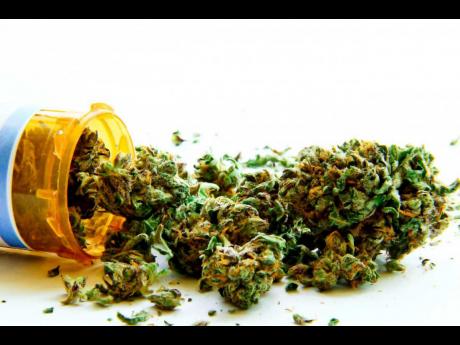Canadian marijuana company files IPO in the US
A Canadian company is the first marijuana business to complete an initial public offering (IPO) on a major United States stock exchange, raising US$153 million to expand its operations as Canada prepares to legalise the drug nationwide.
British Columbia-based Tilray Inc's shares began trading on Thursday on the Nasdaq stock exchange. Initially priced at US$17, the stock quickly jumped, closing for the day at US$22.55 - up about one-third.
Tilray isn't the first pot company to trade on a major American stock exchange, but it is the first to do so with an IPO, a step that could boost credibility and confidence in the industry, said John Kagia, an analyst with the marijuana market research firm New Frontier Data.
"It's another high-profile marker of how the cannabis industry is maturing and professionalising," he said.
Two other Canadian marijuana companies began trading on major US exchanges earlier this year - Cronos Group on Nasdaq and Canopy Growth on the New York Stock Exchange. Those companies already were publicly traded in Canada.
Nine US states and Washington DC have legalised the recreational use of marijuana and about two-thirds have legal medical marijuana. But American cannabis companies have been unable to list on major US exchanges because of the drug's illegal status under federal law. Instead, some have gone public in Canada by being acquired by companies there.
Medical marijuana is legal in Canada, and on October 17, the country will become the first major industrialised nation to legalise its production and sale for recreational use. Uruguay is the only other country to do so.
Tilray doesn't do business in the United States, but has been licensed to produce cannabis for medical use in Canada and Portugal.
In documents filed with the US Securities and Exchange Commission, it said it has sold marijuana to "tens of thousands of patients in 10 countries spanning five continents through our subsidiaries in Australia, Canada, and Germany and through agreements with established pharmaceutical distributors".
- AP

